Shrinkage, retreat, involution … Counting the beauty in 2022.
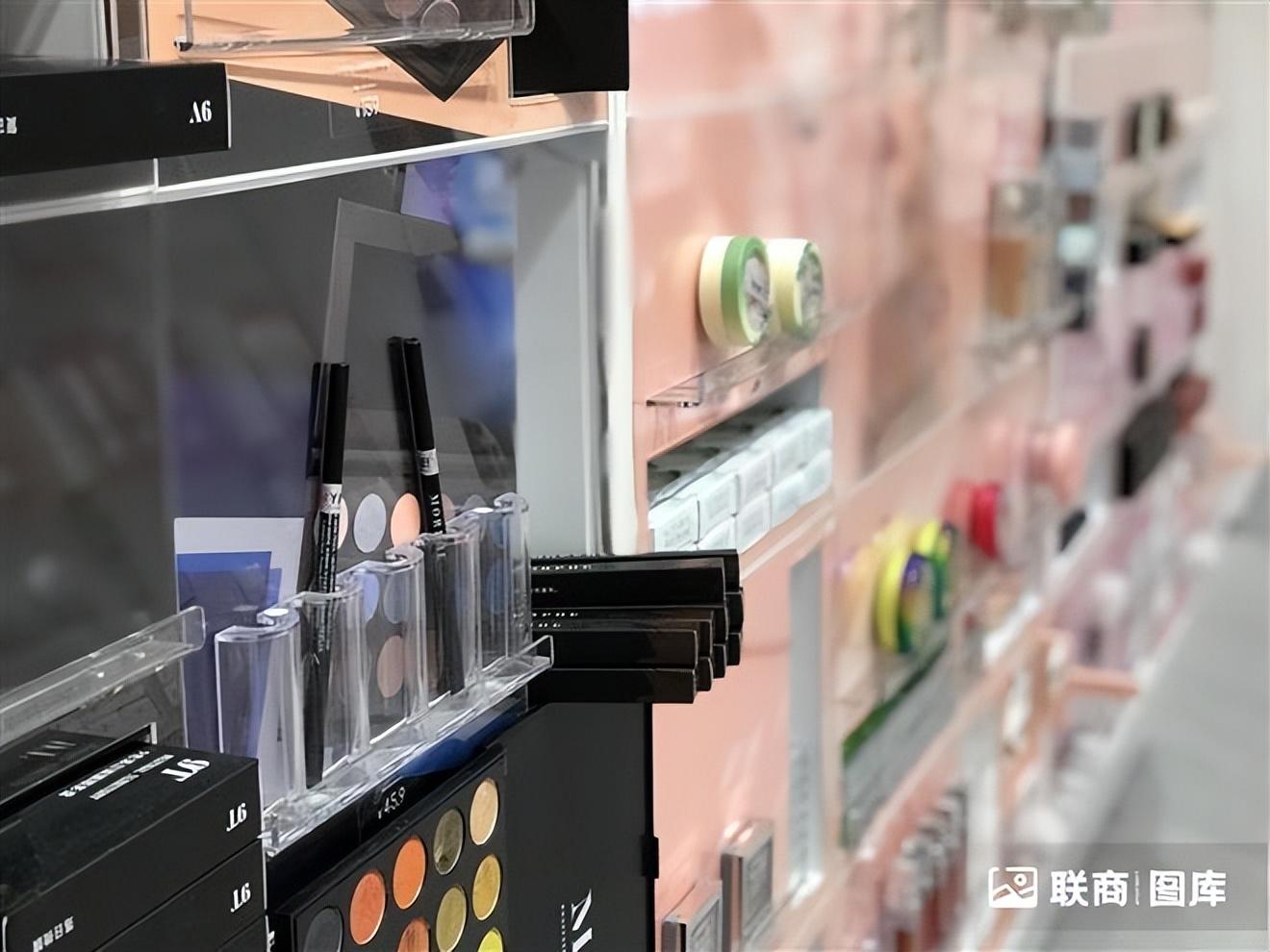
source/Lianshang.com & Soupu.com
write an article/Wang Ting
Head figure/affiliate gallery
In 2022, the overall consumer market was weak, and the beauty market was not spared.
Statistics from the National Bureau of Statistics show that in December 2022, the total retail sales of cosmetics was 29 billion yuan, down 19.3% year-on-year; In the whole year of 2022, the total retail sales of cosmetics was 393.6 billion yuan, down 4.5% year-on-year, showing negative growth for the first time since 2017.
2022 is also a year when beauty brands shrink. Enterprise survey data show that last year, a total of 746,000 cosmetic-related enterprises in China cancelled/revoked, and many well-known beauty brands reported the news of closing down or shrinking their business.
According to the incomplete statistics of Lianshang. com, at least 31 beauty brands in the domestic market adjusted their business layout in 2022, which was 24% higher than that in 2021 (25 brands), including foreign beauty brands such as Maybelline, h2o+ Shuizhiao, Zaruiji and Bomei, which have entered the China market for more than 20 years, and emerging domestic brands such as EqualRXN and Yan Xiaosheng, which have not developed for more than 2 years.
It is worth noting that in 2022, a total of 13 beauty brands made it clear that they would shut down or withdraw from the China market, and 3 brands were suspected to bid farewell.
More than half of the beauty brands officially delisted are domestic brands, and the longest survival time is 5 years, and the shortest is only 1 year.
Among them, the domestic makeup brand CROXX founded by beauty blogger Dong Zichu was officially shut down in May last year; Focus on the domestic makeup brands Rain Series and YES that stopped operating in August! IC is in the clearance stage; The other two skin care brands, Fangji AFRELLA and Henghua EqualRXN, founded by domestic professionals, also said in September and December that they would leave the market temporarily due to comprehensive reasons such as environmental changes and operation management.
At the same time, many overseas brands have announced their withdrawal from the domestic market for various reasons.
Shuizhiao, a well-known skin care brand that has been operating in China for nearly 20 years, also announced the dissolution and liquidation due to poor performance and weak growth, which is expected to be completed in 2023; Deciem, a Canadian innovative beauty company controlled by Estee Lauder Group, also shut down its four non-core business brands in April last year. In addition, the French minority fragrance brand FOLAMOE stopped operating for the second time within 19 months after its arrival in China due to the epidemic situation, and finally made it clear in August last year that it would formally withdraw from the domestic market.
In addition, Blanc Shengquan, Snowberry and Huda Beauty have all shut down official channels such as flagship stores of e-commerce platforms and are suspected of withdrawing from the domestic market.
These disappearing beauty brands not only confirm the decline of the beauty industry in 2022, but also reflect the trend of market renewal iteration to some extent.
01
Online celebrity’s beauty cosmetics are hard to grow red
Hot beauty cosmetics attract a group of celebrities to enter. Many beauty brands that have emerged with traffic dividends have emerged and disappeared. In 2022, there were 6 online celebrity beauty brands bidding farewell to the market, including 4 domestic brands and 2 overseas brands.
Yu Ji, a beauty brand founded by domestic beauty blogger Yu Ge in 2018, previously announced the closure of clearance. In January last year, two nail polish products sold well by the brand were found to contain excessive second-class carcinogens. Because the brand did not report it, it did not recall the handling methods of the products, which triggered a strong crisis of confidence. Although the brand has deliberately emphasized that the closure of the brand is not directly related to the incident, it is still crowded with dissatisfied consumers under the post of its clearance announcement.
In addition, Dong Zichu, who is known as "the first male beauty blogger in bilibili", officially shut down his makeup brand CROXX;, which has been in operation for five years, in May last year; The brands Fangji AFRELLA and Henghua EqualRXN, both founded by domestic beauty celebrities, also announced the suspension of brand business at the end of the year because they did not adapt to the changes in the market environment in time.
Strike while the iron is hot. In the fierce market competition, beauty brands who started with celebrity effect may be able to achieve short-term success with the help of the east wind of traffic. However, due to changes in the market environment, insufficient internal driving force of brands and many other reasons, they eventually fell into a development bottleneck, or stopped their pace, or left the market in liquidation. For online celebrity Beauty, which got a flow bonus in the early stage, although it was easy to start, it is still difficult to become popular without finding the right positioning, polishing the products carefully and controlling the basic product quality.
In addition to domestic products, foreign online celebrity beauty brands have also suffered from waterloo in the domestic market. URIID Yuri Duo, a skin care brand founded by Korean artist sung yuri, has always received a mediocre response since it entered the China market. The total number of fans of Weibo and Xiaohongshu that can be found is less than 14,000, and it quietly left after only a few months in China.
In addition, the overseas flagship store of Huda Beauty Tmall, a well-known online celebrity beauty brand from Dubai, also removed all its products in October last year, and announced that it had entered the stage of store closure.
It is understood that the brand was founded by Huda Kattan, a world-renowned beauty blogger with tens of millions of fans, and her sister in 2013. During 2020-2022, it was strongly pressed by well-known brands such as MAC and The Body Shop, and was rated as the most popular beauty brand in global social media by overseas beauty data platform Cosmetify. The closed Tmall overseas flagship store is its only official channel in China, and its counters in DFA duty-free shops in Macau will also be evacuated due to performance.
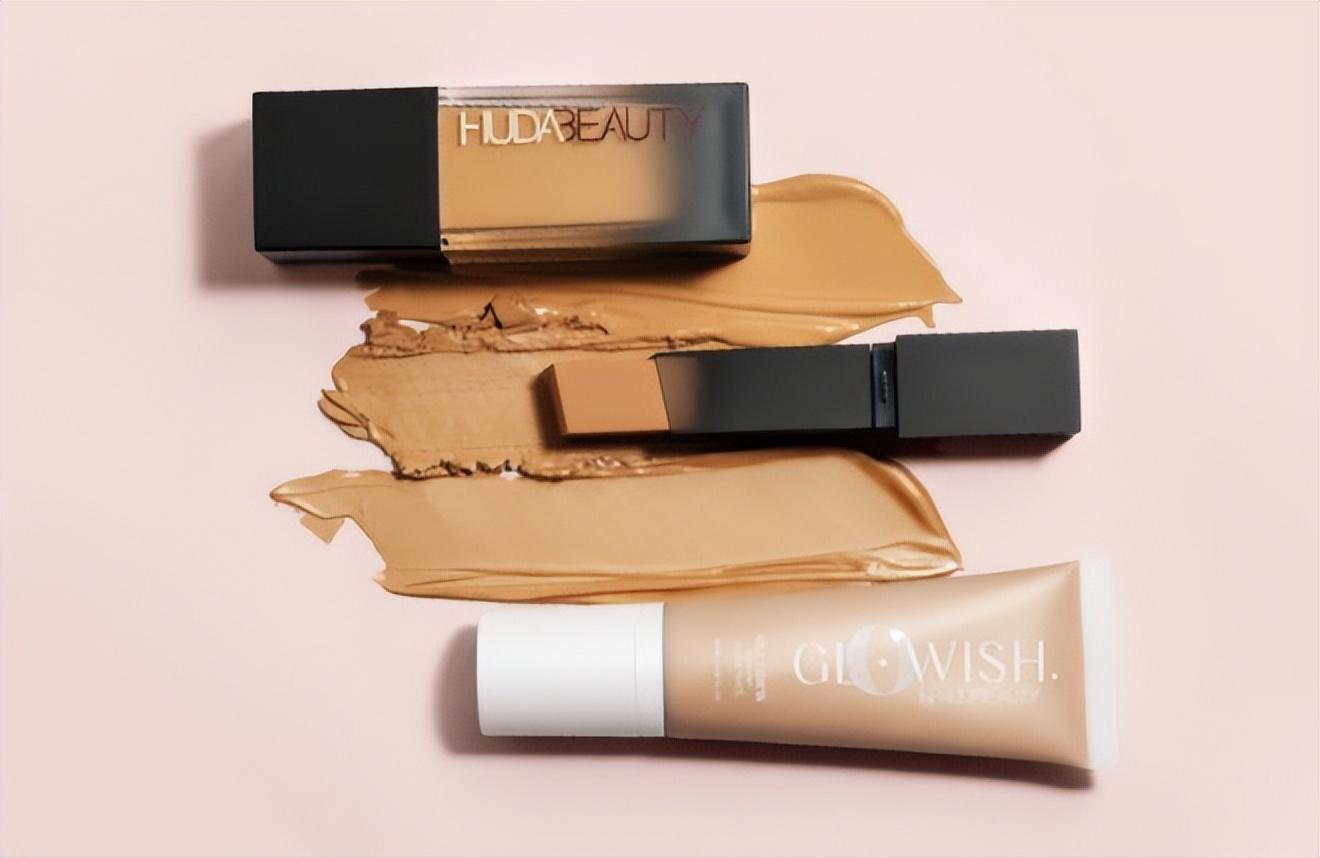
Source /Huda Beauty official website
In addition to Huda Beauty and URIID Yuri Flower, in recent years, there are many online celebrity beauty brands that have entered the China market tepidly or failed.
Among them, Jeffree Star Cosmetics founded by J, a well-known overseas beauty blogger, KKW Fragrance founded by Kardashian, a socialite, and many other star brands that have attracted much attention overseas. The fundamental reason is that they lack localized operation for the domestic market and fail to grasp the characteristics of China’s consumer market and make long-term investment in marketing and services.
"Bessie" victoria beckham once said publicly: "Now, without a solid China market, you can’t become a successful international brand." However, even with such awareness, Victoria Beckham Beauty, the beauty brand it founded, lost its reputation in China in just one year.
For overseas beauty brands, if they want to harvest "leek" only by their own popularity, it will be a pipe dream. How to build long-term brand competitiveness will become a key link if they want to develop continuously in the China market.
02
Foreign beauty cosmetics have fallen one after another.
The back waves of the Yangtze River beat the front waves. With the rise of domestic beauty cosmetics, the absolute advantage of foreign beauty cosmetics in the domestic cosmetics market has begun to collapse.
In 2022, a total of 21 foreign brands announced the closure or adjustment of their business strategies. The most adjusted brands are from the United States, and a total of six companies have announced strategic adjustments or entered liquidation; The number of adjustments of Korean and French brands tied for second place, each with 5 brands; Then there is Canada, which shut down four companies.
According to the beauty sales list disclosed by double 11 over the years, it can be seen that in recent years, the ranking of domestic brands has climbed, and Japanese and Korean beauty cosmetics are gradually fading out. Although the high-end product lines of major foreign cosmetic groups still have the upper hand in the market competition, the defeat of many established Volkswagen cosmetics in China also proves that the domestic cosmetic market is accelerating.
In July last year, the old beauty brand Maybelline, which once shouted the slogan "Let every woman in China have at least one Maybelline product", closed all offline stores one after another, leaving only Watson’s counter, and all other sales channels were transferred to online. Before this contraction, this brand, which has a history of 24 years in China market, also actively sought change. In the year before last, it carried out the strategic transformation of the experience store with online and offline interaction, but after all, it did not restrain the decline and gradually retreated.
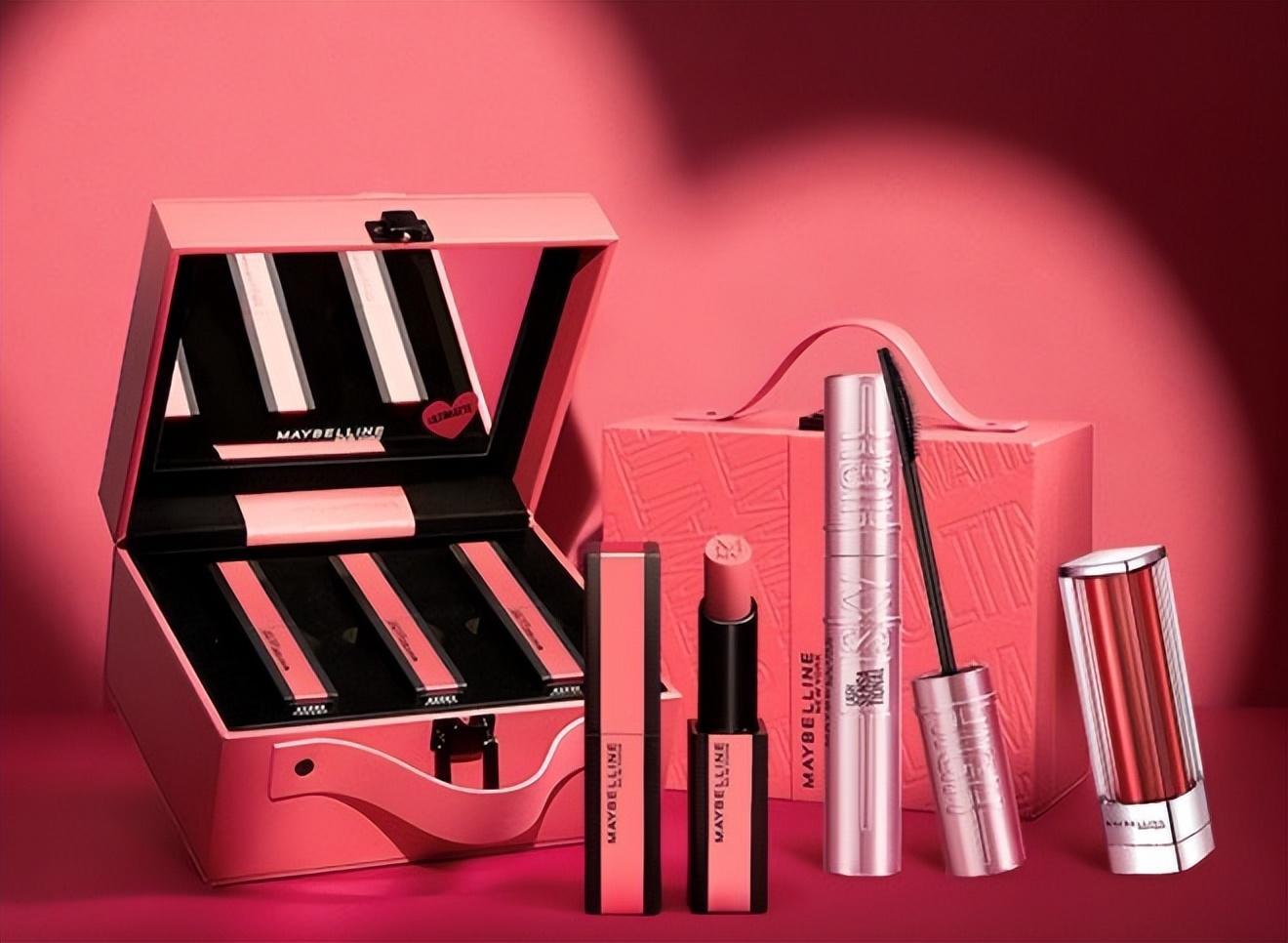
Source/Maybelline official website
Japanese cosmetics group Pola Orbis also announced in April last year that its skin care brand Shuizhiao, which has entered the China market for 20 years, will soon stop operating and complete its dissolution and liquidation in 2023. According to the financial report, the dissolution of Shuizhiao business is expected to bring a loss of 182 million yen to Pola Orbis. The official website homepage of Shuizhi ‘ao also published the announcement that it is about to stop operation. The announcement reads: "After more than 30 years of innovative research and development, we have made a difficult decision to officially shut down the brand at the end of the year." At present, official website no longer accepts orders, but consumers can still go to Amazon to buy products.
In addition, Shiseido also sold its cheap beauty brands Za Jirui and Bomei, which have been operating in China for more than 20 years, in March last year. Revlon, an old makeup brand, also filed for bankruptcy protection again in June because she was overwhelmed. ……
03
It is difficult to enjoy the cool under a big tree.
In the overall downward environment of the beauty market, large groups have not been quiet for years, and have made corresponding business adjustments one after another, or divested some businesses in a planned way, or shut down their poor-performing brands.
According to the incomplete statistics of Lianshang. com, in 2022, at least seven large enterprises in the beauty field closed down or scaled down their brands, and more than 17 brands such as TooFaced, HERA Heyan, Blanc Shengquan and Chaling successively became "abandoned children".
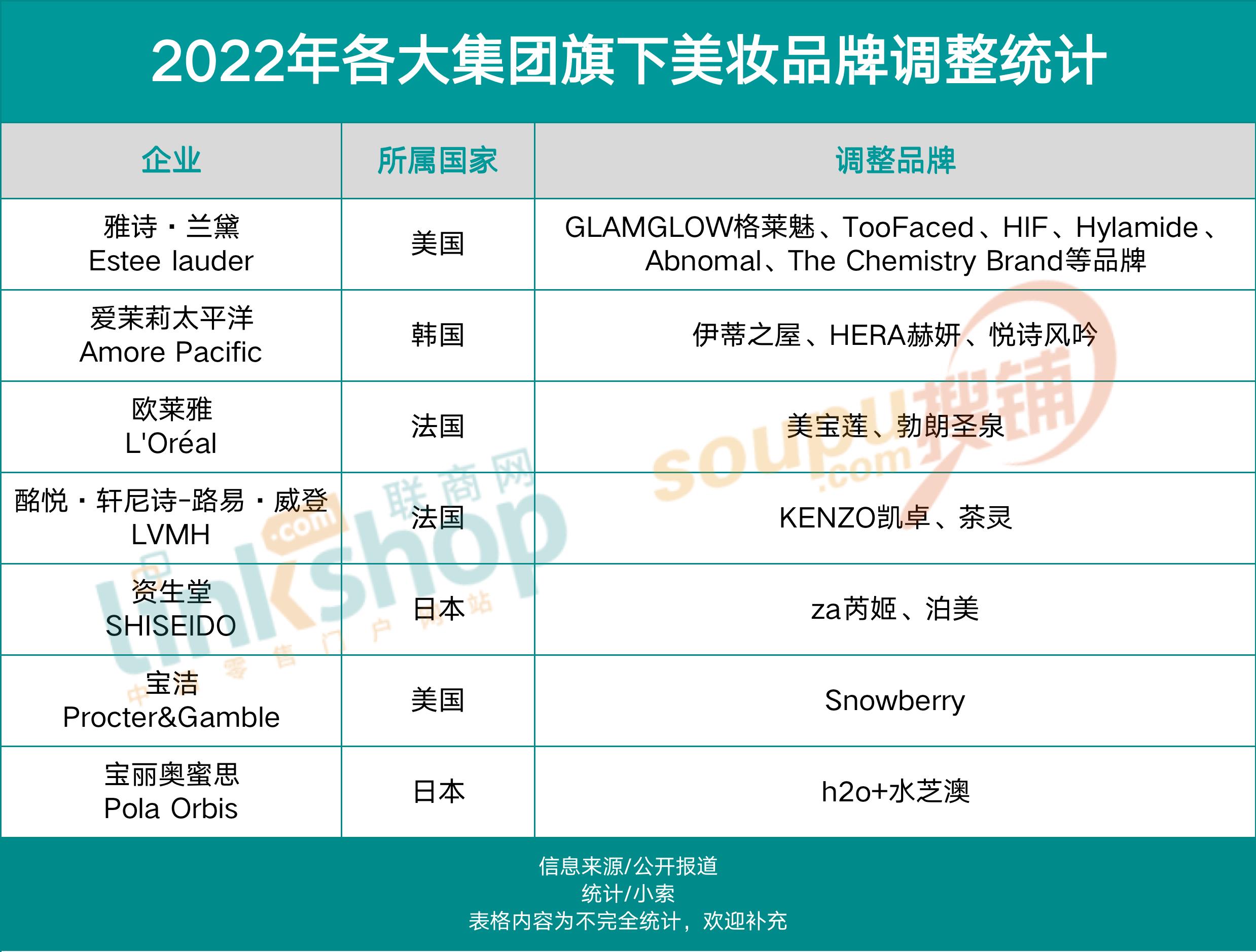
Among them, Estee Lauder has the most adjustments, involving six brands including Glamour and Too Faced. Followed by Amore Pacific, which contracted the operating channels of its three brands in China; Furthermore, L ‘Oré al Paris, LVMH, Shiseido, etc. have all adjusted their two brands.
According to MGI data and McKinsey’s survey of more than 6,700 consumers in China, the middle class in China will further grow and the high-end consumption momentum will continue in the future. It is a trend to concentrate resources to consolidate and expand the high-end market, and optimizing the brand portfolio continues to be the adjustment strategy of beauty giants.
As a part of structural optimization, Deciem, a Canadian innovative beauty company controlled by Estee Lauder, shut down its non-core business brands such as HIF, Hylamide and Abnomal at one time last year. Too Faced and online celebrity Mask Grammy also closed their Tmall flagship stores due to poor performance, and were sent out of the China market.
Break your wrist and increase your weight. In June last year, two high She Xiang brands under Estee Lauder, KILIAN Quellien and FREDERIC MALLE Fumar Perfume Publishing House, opened their first stores in China. Aveda, a high-end hair care brand, was introduced into China market; The first store of high-end perfume brand Le Labo also landed in Shanghai in November.
According to statistics, Estee Lauder, which is keen to expand its market through "Buy in buy buy", has owned 28 high-end beauty brands after it bought Tom Ford for nearly 20 billion yuan last year, covering four fields: skin care, make-up, perfume and hair care. Among them, except for six brands such as Estee Lauder, Clinique and Yuemu Zhiyuan, all the other 22 brands are acquisition or investment brands.
In contrast, Shiseido is constantly slimming down. It is understood that Shiseido has been restructuring and optimizing its brand structure in recent years, gradually focusing on the business structure with skin care as the core.
Since 2021, it has successively sold 15 brands including Za Jirui and Bomei. It is reported that from 2016 to 2022, Shiseido introduced nine brands in China. Except for WASO, which has been shut down in the Japanese market, and Anjixinyu, which was promoted in cooperation with Watsons, the other seven brands are all high-end positioning, covering cosmetics, perfumes, beauty instruments, high-end skin care and other fields.
Coincidentally. In the first three quarters of 2022, the net profit of revenue dropped by 40% in the China market. Amore Pacific also explained that it was mainly affected by the reorganization of offline channels of major brands and the slowdown of cosmetics consumption. "In the future, in the China market, the Group will focus on the mid-to-high-end and online fields." In November last year, the official WeChat of Amore Pacific announced that it would accelerate the introduction of new products through Tmall international cooperation.
In addition, based on the resilience of high-end brands during the epidemic, L ‘Oré al Paris has said that it will introduce new products with higher prices while controlling the cost of mass brands. On the one hand, it adjusted the business strategies of its brands Blanc Shengquan and Maybelline; On the other hand, in August last year, Carita CARIDAE, a luxury cinema brand, was officially introduced to the China market, and in September, it announced the acquisition of Skinbetter Science, a high-end cinema brand, and it was included in its active health cosmetics division, and the beauty business of Prada, a luxury brand, was officially launched.
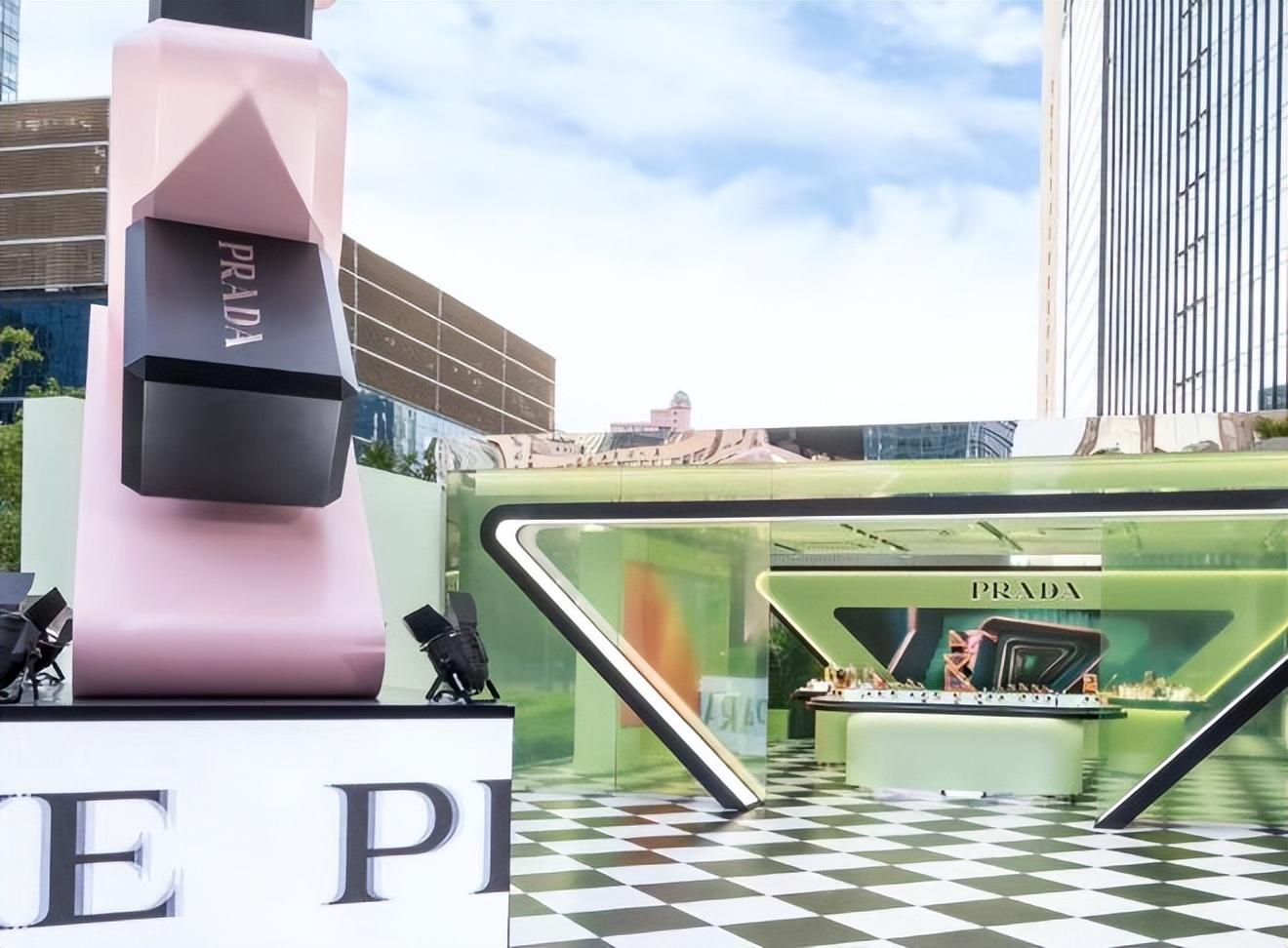
Source /Prada Prada perfume beauty official Weibo
Beauty giants’ ambition to point to the high-end market is obvious. Under the continuous brand optimization and adjustment, the competition of high-end beauty will be further intensified.
Write it at the end
The disappearance or contraction of many beauty brands is regrettable, but not all the bad news comes from the market.According to the incomplete statistics of Lianshang. com, in 2022, there were 23 first beauty shops in China, among which 14 foreign brands entered China for the first time, keeping a relative balance with the number of overseas brands that withdrew from the China market.
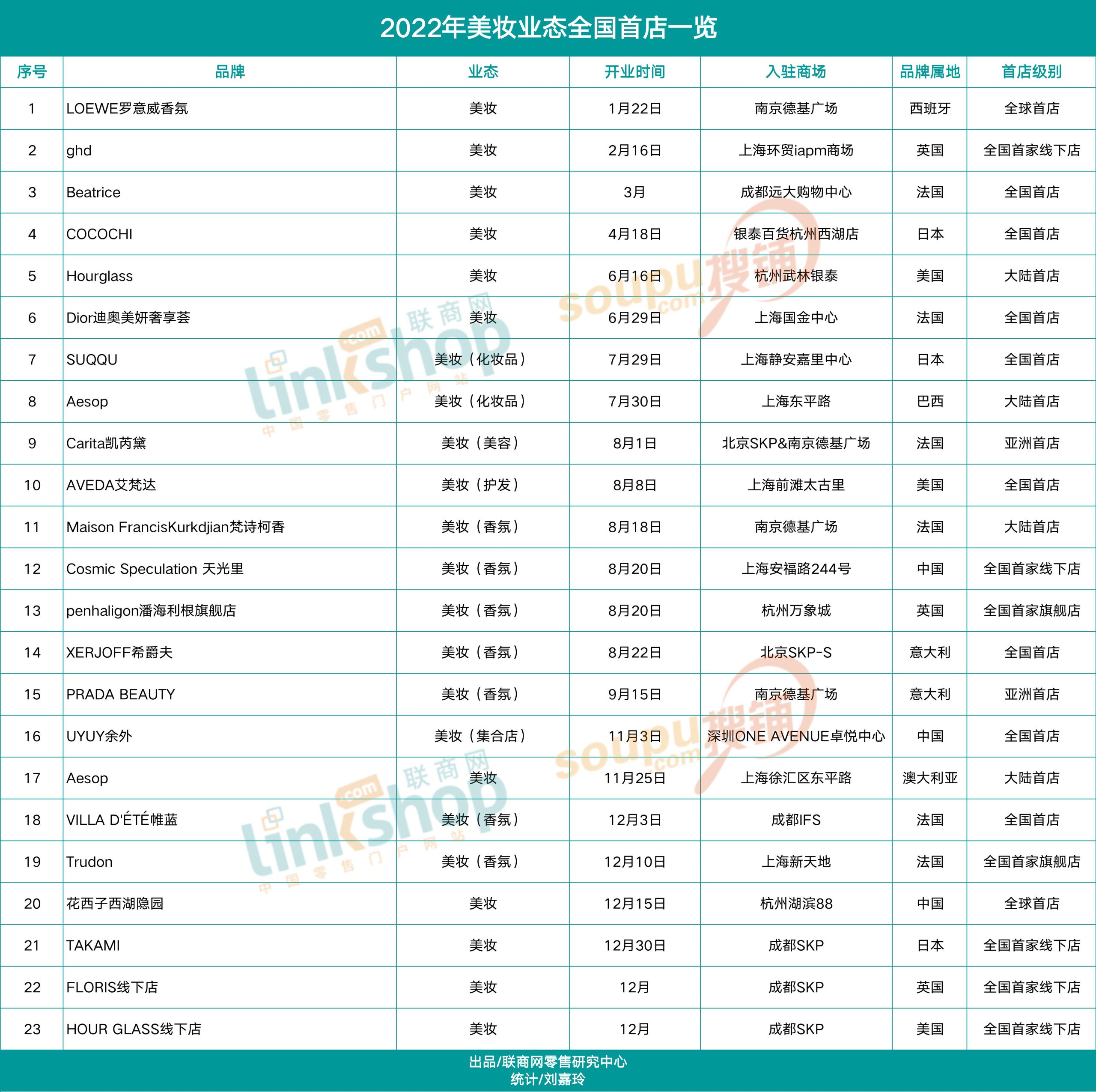
According to enterprise survey data, in 2022, there were 14.829 million new domestic wholesale and retail enterprises, including 3.642 million new cosmetics-related enterprises, accounting for 24.6%, a year-on-year decrease of 17.1%. Although the growth rate has slowed down, there are still a large number of enterprises rushing into the market.
Judging from the published sales data, the high-end business of international beauty brands in the China market still dominates; Polaiya, Winona, Perfect Diary, Hua Xizi and other domestic beauty brands that mark the low-end market are in hot pursuit; Homogeneous competition brought about by the emergence of more brands is inevitable, and the future beauty market will present an increasingly fierce competition pattern.
However, it is worth noting that the enthusiasm of the domestic capital market for beauty cosmetics is cooling down. According to the incomplete statistics of Lianshang. com, in 2022, there were 52 financing incidents in domestic beauty track, with a total financing amount of about 486 million yuan and a single financing amount of about 87 million yuan. According to CVSource investment data, in 2019, the average single financing amount of domestic beauty products can reach 337 million yuan.It can be seen that under the fierce market competition, it is increasingly difficult for domestic emerging brands to obtain capital recognition.
With the increasing number of brands entering the market, the dispute over the channel and flow of beauty cosmetics will be further intensified. Finding the correct market positioning and constantly cultivating internal strength will become the key elements for the survival and development of existing brands.
Statistics of beauty brand adjustment in 2022